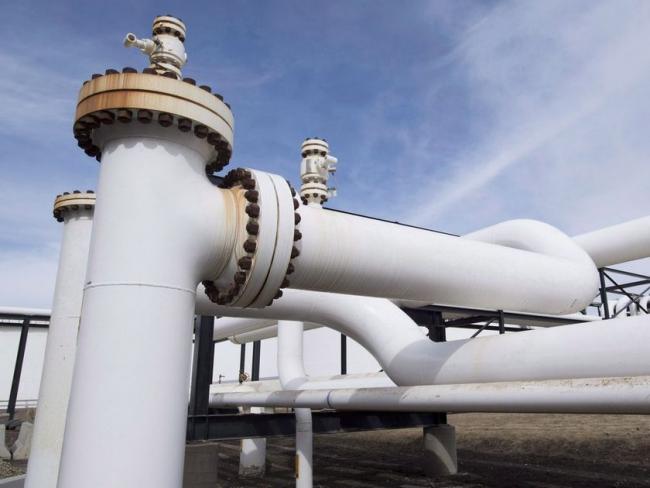Articles Menu

April 13, 2018
Until now, I have hesitated to criticize the environmental policies of the Trudeau government because of its public commitment to improving transparency, re-establishing the role of science in policymaking, and advancing a pan-Canadian climate plan. But the showdown over Kinder Morgan’s proposed Trans Mountain pipeline has exposed the fact that science has become a casualty of the policymaking process, making resolution of this dispute – and protection of the environment – less likely.
In 2011, while working with Canadian colleagues on studies of ecosystem services and environmental policy, I deepened my understanding of the Athabasca oilsands and, in particular, the multiple proposals for moving diluted bitumen to port, through British Columbia. At that time, the Harper government considered some critics of oilsands expansion to be “enemies of the state,” so I avoided making personal statements, hoping that the legitimacy of the research would speak for itself. And it did. My collaborators and I published an influential article in the international science journal Nature, in 2014, and a year later led an effort that produced a consensus statement calling for a moratorium on oilsands expansion, co-signed by over 100 leading North American scientists, including members of the Royal Society and National Academy of Sciences.
In the fall of 2017, another peer-reviewed article, this one assessing the potential impacts of oilsands on the marine environment, was being published at the time the Trudeau government was evaluating the Trans Mountain and Line 3 projects. Despite an embargo on releasing the study publicly prior to its official publication, we shared a copy of the article with the Prime Minister’s Office, along with a short letter summarizing our finding of significant gaps in scientific understanding of multiple risks, including the toxicity and behaviour of diluted bitumen in marine ecosystems. We also offered to meet with government officials to discuss the implications of data gaps that we felt were highly relevant to the pending pipeline decisions.
We heard nothing. One week later, Prime Minister Trudeau announced his approval of the Trans Mountain and Line 3 pipelines, claiming the decisions were “based on rigorous debate on science and evidence.” I was not so naïve as to think that our scientific publication would sway a national policy decision, but the government’s failure to share the scientific basis of their decisions was troubling, particularly given its pledge to increase transparency in policymaking.
Nevertheless, I assumed our work came too late to be considered, or perhaps that other, undisclosed data led policymakers to discount our findings. Then, on Oct. 11, 2017, I was sent a 13-page document obtained by a journalist under the Access to Information Act. That document, 18 additional pages of which were denied to the public, showed that on the very day we sent our study to the prime minister and his cabinet, officials with Natural Resources Canada discussed our research and its merits, then circulated comments intended to gloss over risks and dismiss our findings. In several instances, the comments were so off-point as to suggest that the officials had not actually read the full paper.
In how many other cases has science been dismissed, or selectively parsed to support desired policy decisions? We cannot know, because government still has not provided a scientific rationale for its decisions, yet it continues to claim the mantle of sound science and environmental protection while advocating for expanding the oilsands infrastructure.
Still, I write these words with some trepidation. I am a grateful guest, working in Canada while in my own country environmental laws are being dismantled by a government that denies the realities of climate change. In many ways, Canada shines in comparison, and I believe its leadership makes for a better and safer world. Scientific integrity, transparency and rational public debate are cornerstones of Canada’s democracy and international reputation. That is why science should not be sacrificed to expediency when advancing any single project or policy. Not for the Trans Mountain pipeline, not for an expansion of the oil economy, not even for this government’s vision of a sound climate policy.
Thomas D. Sisk is the Olajos-Goslow professor of environmental science and policy at Northern Arizona University, and a visiting scholar with appointments at Simon Fraser University and the University of B.C.
[Photo: The Kinder Morgan Trans Mountain facility in Edmonton on April 6, 2017. JONATHAN HAYWARD / THE CANADIAN PRESS]